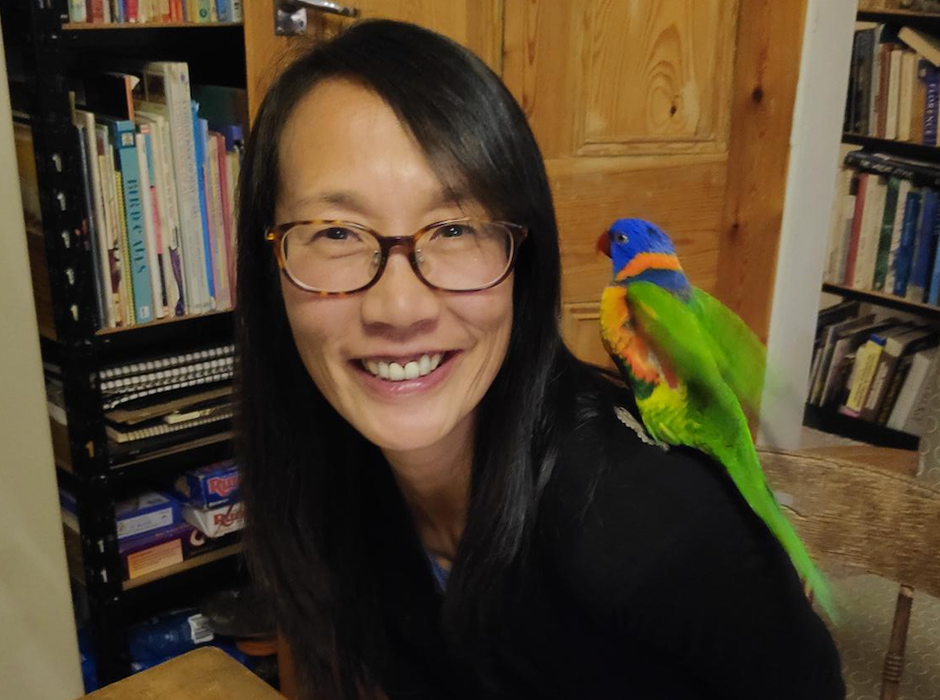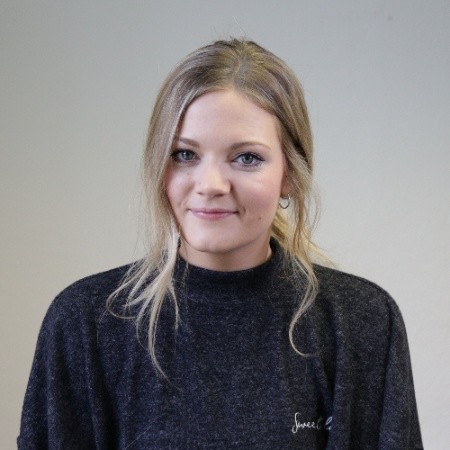University College London (UCL)
Learn how UCL's Faculty of Engineering used live-polling to improve student engagement in lectures and Vevox's survey feature for student surveys in their Integrated Engineering Programme.


Using Vevox for live polling had a very positive effect during the lectures, as we could see that students enjoyed taking a more active role in the class.
The UCL Story...
UCL’s Faculty of Engineering is no stranger to forging new paths and changing the status-quo, having developed the Integrated Engineering Programme. This module better prepares Engineering students for working life outside of education, by equipping them with the experience of combining their theoretical and practical skills early on in their degree by working on real problems in group projects. UCL Engineering were early adopters of this teaching method and are now one of many faculties using this approach across the institution.
The Challenge
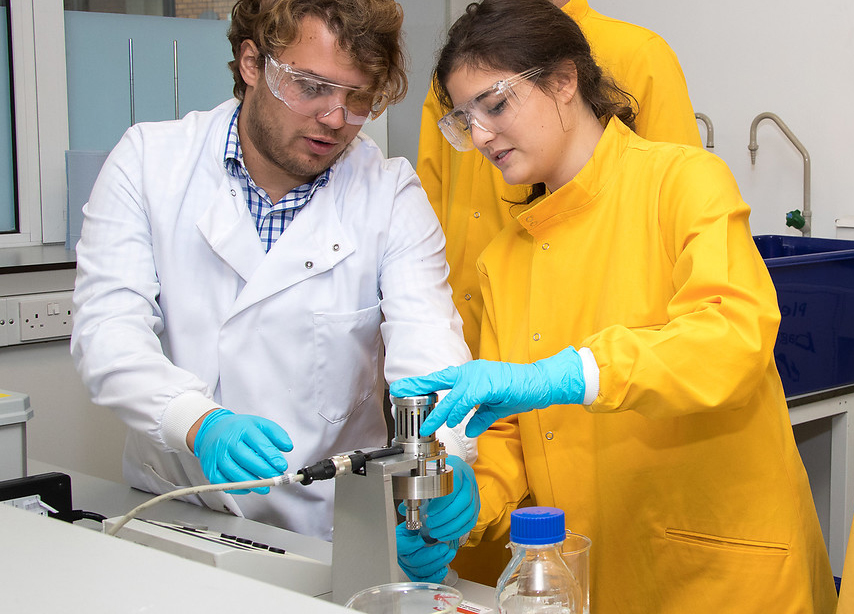
Working with a large number of students in each lecture requires methods for keeping students actively engaged. UCL Engineering Teaching Fellow, Dr Nelia Jurado Pontes, was looking for a new way to increase student interaction and after some research, decided that live-polling could positively influence engagement and increase attention spans.
‘Scenario Week’, part of the Integrated Engineering Programme is where first and second year students put their learning into practice through interdisciplinary, problem-based learning with a design focus, by working on major design projects in small groups. Student are asked to develop part of a proposed solution and present this to their peers, teachers and industry advisors.
In addition to increasing student engagement, Nelia was also seeking a solution for obtaining student feedback about their group work to help to monitor progress and flag any areas of concern that could affect their final project. This feedback system needed to be fast, easy to administer and simple to use for both staff and students, with minimal cost.
Thank you to UCL Digital Media for granting permission for the use of these images.
The Solution
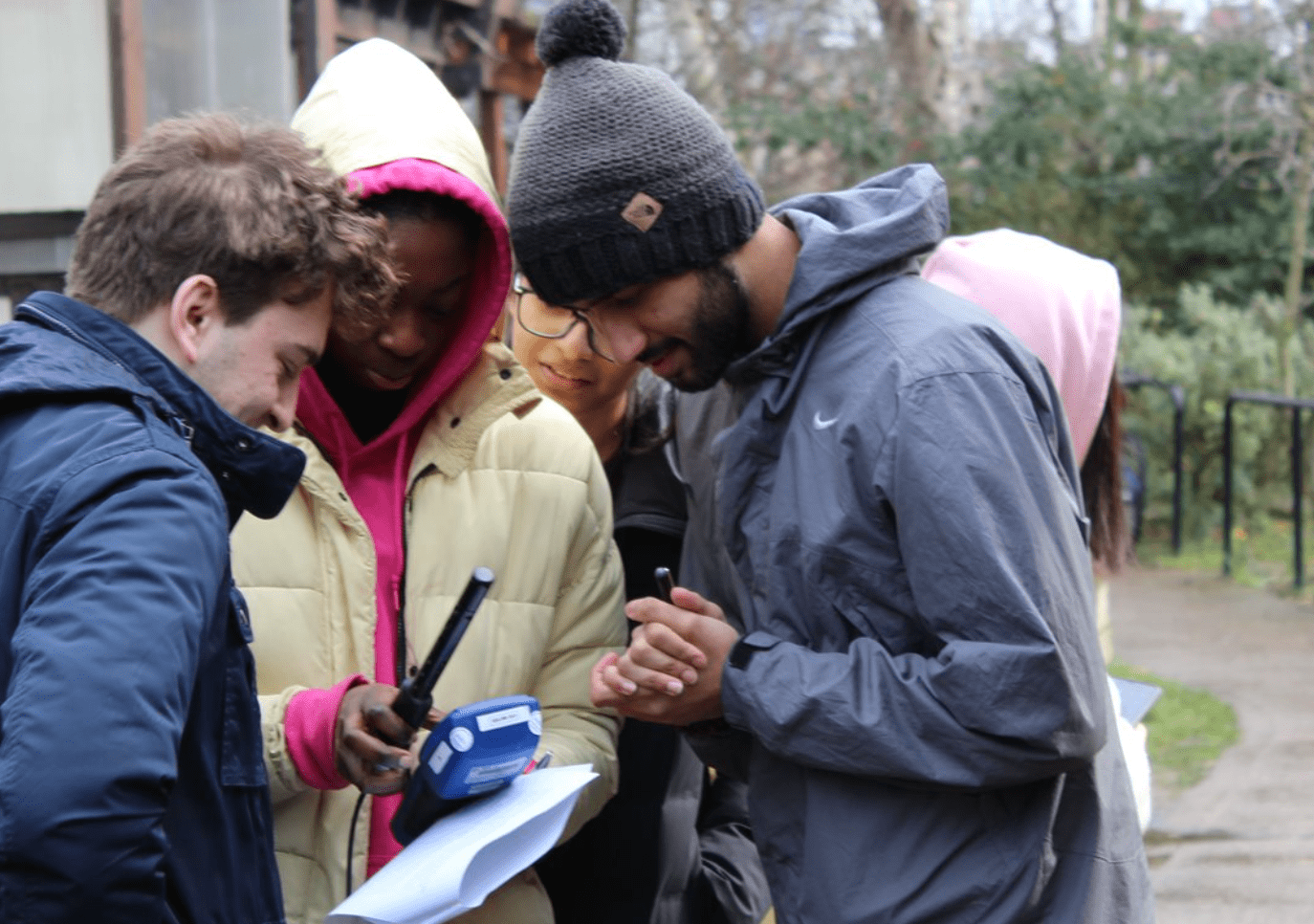
UCL had previously used an alternative polling software provider but found that they were limited by this software with a restriction on the number of students that could participate. After searching online, Nelia and the UCL Engineering team discovered Vevox and were pleased to learn that they could take advantage of the generous participation allowance of Vevox’s free Education subscription plan, offering up to 100 students to take part in live polls.
After trialling Vevox and seeing the positive reaction and tangible results from live-polling in lectures, UCL shared their experience with the Vevox Customer Success team. During this discussion the Vevox team recommended the Vevox survey feature and suggested that this may be of use in helping UCL teaching staff and students in their search for an improved feedback solution during Scenario Week. Students could use their own mobile device or computer to use Vevox’s web app to complete the short survey and provide feedback, helping to keep costs down through not needing to provide hardware.
Admin time is greatly reduced as survey results can be downloaded through the Vevox session report and are available immediately as an excel file.
Following this discussion, UCL Engineering teaching staff implemented Vevox surveys to conduct daily peer contribution surveys, where the students were asked if they were happy with the level of involvement from their team members into the project.
The Results
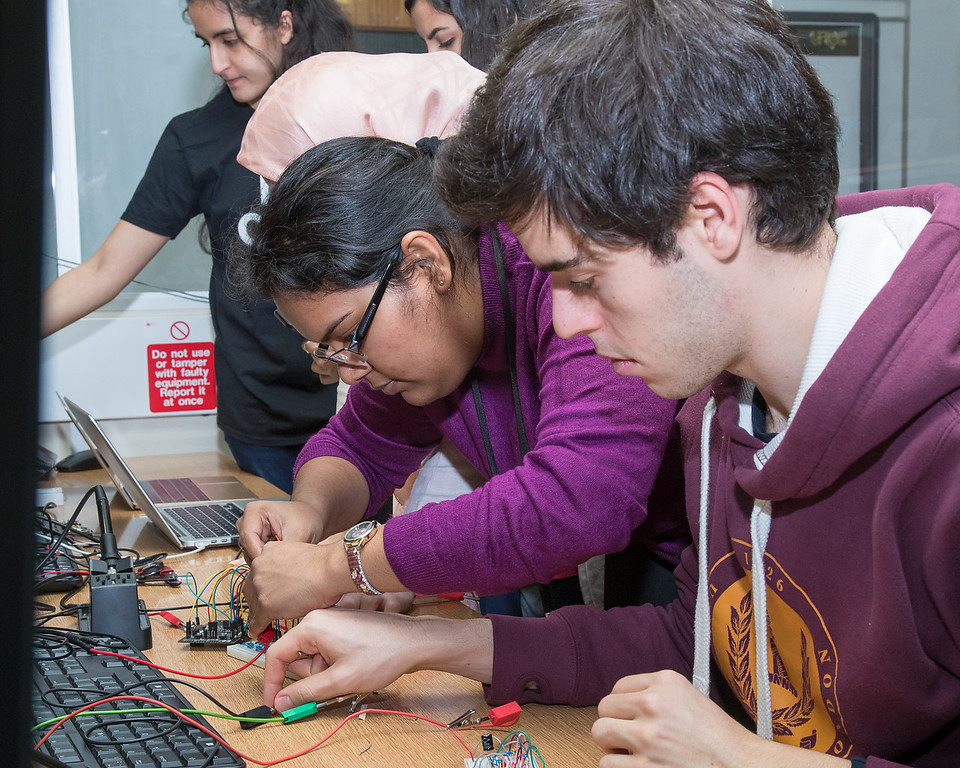
UCL teaching staff saw an immediate difference from using Vevox. Speaking about their experience Nelia explains, “Using Vevox for live polling had a very positive effect during the lectures, as we could see that students enjoyed taking a more active role in the class and seeing their responses incorporated in the presentation that was given”.
As an added benefit, the feedback from the live polls has enabled teaching staff to analyse their sessions and reconduct the lectures taking the students feedback into consideration, allowing lecturers to optimise their topic content and delivery for future sessions.
On evaluating the success of using Vevox surveys Nelia says, “We have seen that the use of the app has enhanced the students’ experience and has allowed us to keep track of the student’s contributions to the team project during our Scenario week. This was very useful for us, as lecturers as it helped us to detect any initial issues within the team that could negatively affect the team’s dynamics and mitigate these to avoid any impact on the final output of their work.
We believe that the survey feature has great potential, both to be used during or after a workshop session to get feedback. Additionally, being able to export the data as an excel file is very useful for further analysis.”
Nelia concludes, “Now that we have seen the positive impact during our sessions, we are reassured and have the evidence that Vevox is worth the investment.
